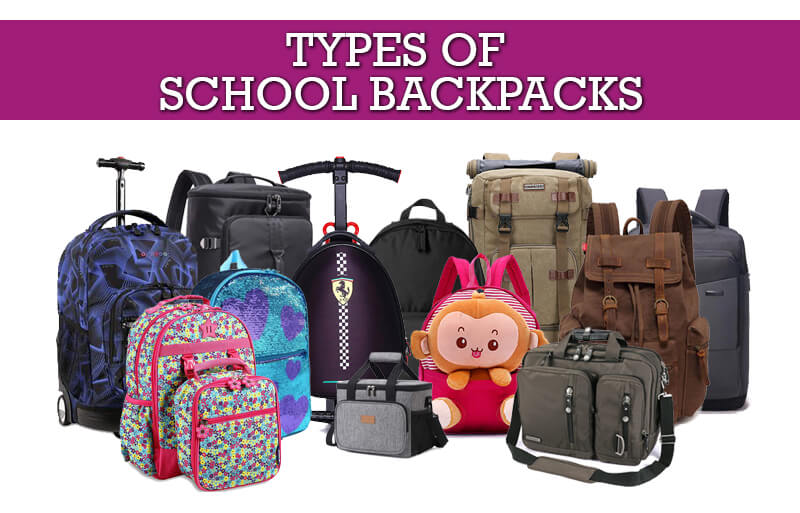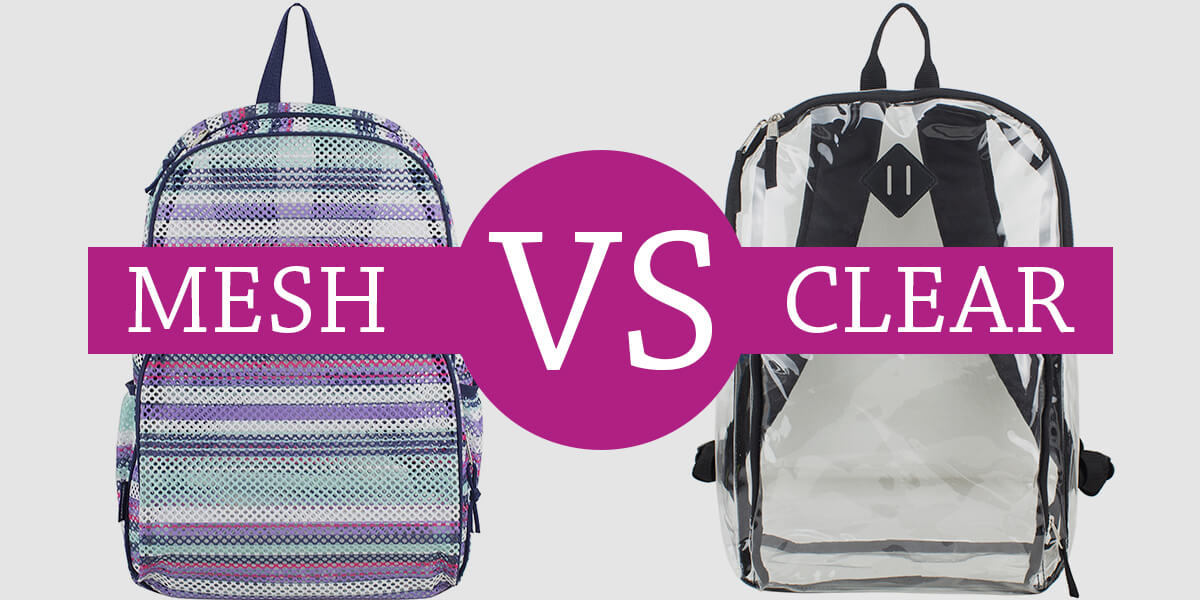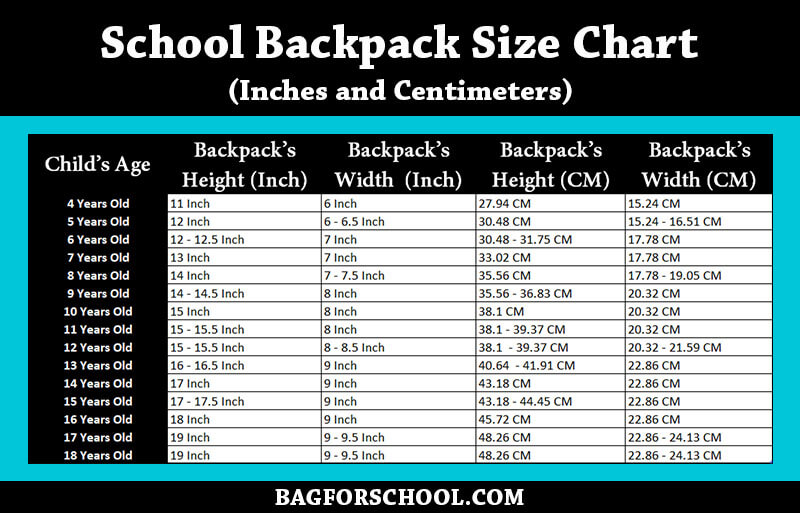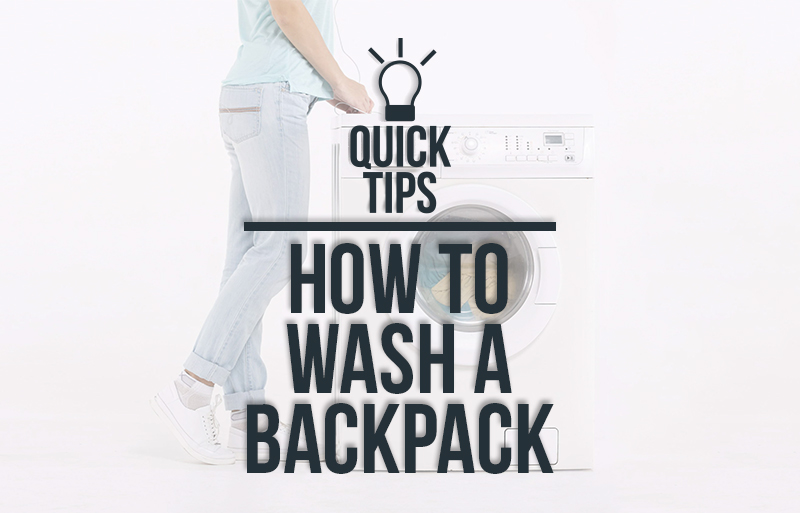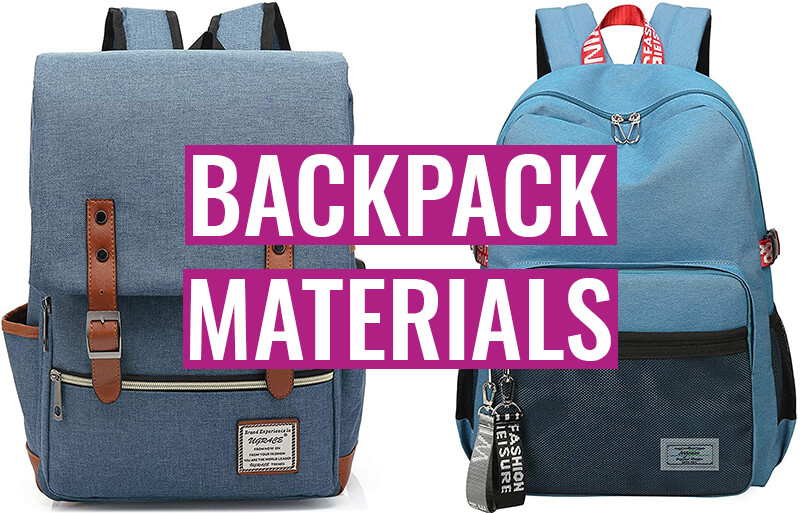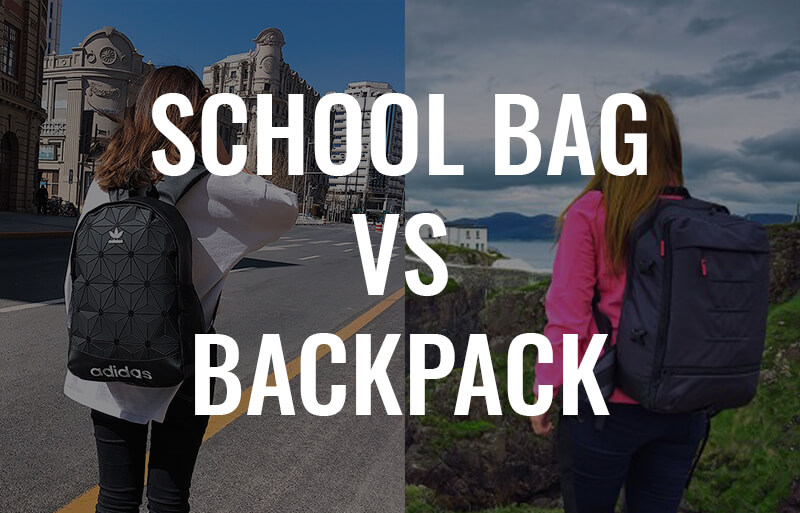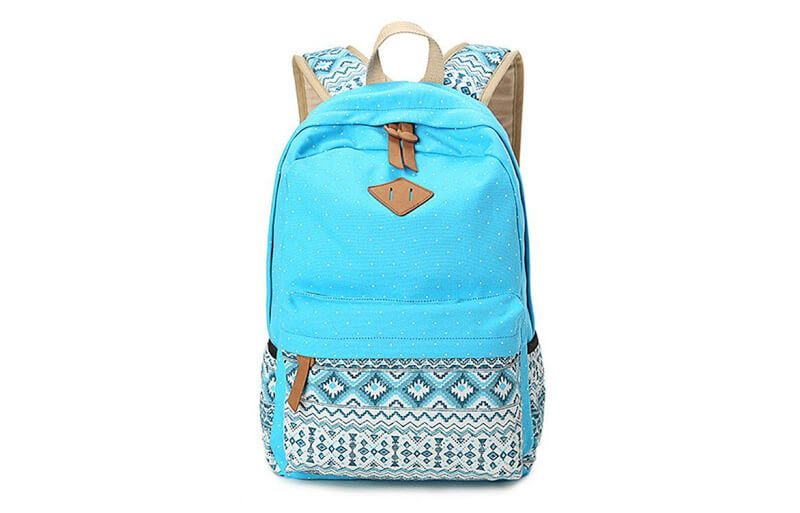It seems like your kiddo is growing so fast as if the last day your little one was born, and now your kid is heading off to Preschool. As a parent, you must be stressed about staying separated from your kid for long hours and becoming anxious, thinking about how your kid would manage without you. Don’t worry, your child would do great, and to ensure this big day of your kid’s early childhood, make sure to pack all the necessary things in the preschool backpack. Don’t miss any of the items on the checklist.
Alongside buying and packing all preschool backpack essentials, you also need to prepare your kid for Preschool one month before going to the school. You need to ensure that your kid has a strengthened tripod grasp using his/her fingers (the index, middle, and thumb). How you’re going to do that, all the best methods we have described in this article, and we’re sure that it’d be beneficial for you. Again, learning so social skills, self-help skills, and how to stay disinfected from flu and virus, all these skills teaching should be your priority to prepare your kid perfectly for Preschool.
After all the backpack checklist and training, you must be wondering that, “Is my kid still ready for preschool!” To clear your doubt, we have created a checklist for you in this article, from where you’ll know whether your kid is still prepared. If some of those go missing in your kid’s preparation, don’t worry! You can take some more time, and your kid would learn all of them eventually.
When all the preparation is done, here comes the hardest part! That is, saying Goodbye to your precious child on the first day of Preschool. As a parent, you have to stay strong and follow the best criteria we have described in this article about how to calm the separation anxiety both yours and your kids and say the best Goodbye on the first day of Preschool!
Overview
Preschool Backpack Essentials
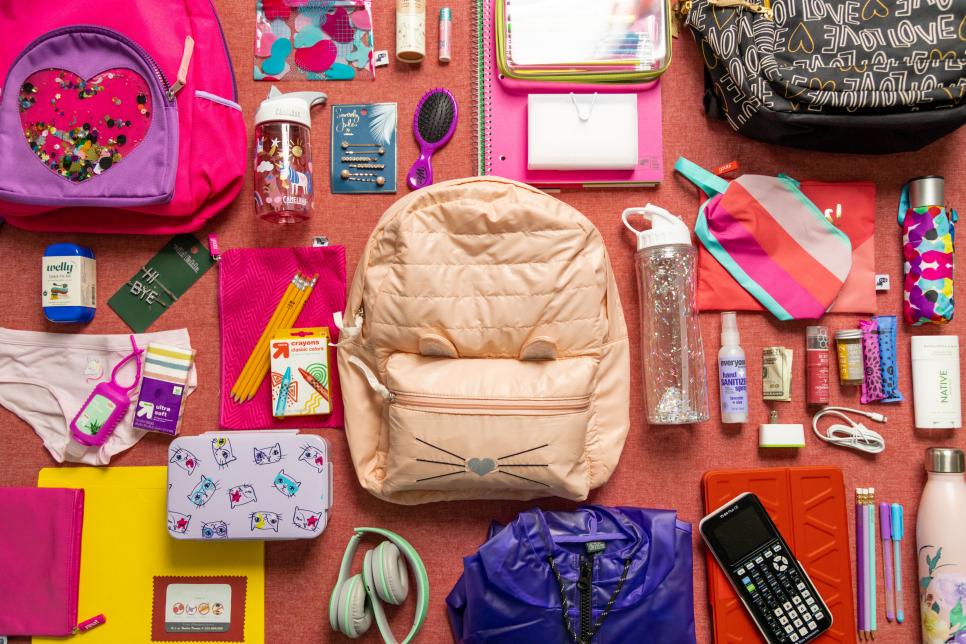
Backpack Essentials
1. Lunchbox and Snacks
You need to pack plenty of food for lunch and some snacks your kid loves so that your child won’t go hungry! Depending on the school’s food policy, you might need to come up with some nut-free and non-allergic options, as other kids also seem to share foods with friends.
2. Water Bottle
If it’s a Sippy-cup or just something spill-proof, you can conveniently pick any water bottle that your child will open on his/her own. For all the jumping around in the Preschool, he/she would need to keep hydrated!
3. Milk or Juice
You’ll need to pack beverages, some juice, and milk because the school doesn’t offer those.
4. Extra Set of Clothes, Underwear, and Socks
Preschoolers are not renowned for their meticulous cleanliness, so pack an additional wardrobe (seasonally suitable) and the second set of socks. However though the infant is potty-trained, mistakes are likely to occur.
5. Diapers, Cream, and Wipes
In case your little one isn’t ready for the potty, you’ll need to pack along with an ample some disposable diapers, cream, and wipes.
6. Seasonal Outerwear and Indoor Shoes
Lots of preschools require the children to spend some time outside, but look out for the weather. If the outdoor is cold, pack a coat in for your boy. If it’s sunny, pack a hat. Check the Preschool policy because certain services require children to wear indoor-only shoes in the classroom to keep the environment safe.
7. Nap Time Essentials and Toys
Many preschools are fitted with cots, and some encourage parents to bring a mat, blanket, and pillow. Furthermore, packing your child’s beloved stuffed toy or another piece of comfort toys or chocolates will help your kid relieve jitters in the Preschool.
8. Art Supplies
When the Preschool is not providing Art Supplies, your kid would need to bring a smock, crayon kit, glue sticks, and the like.
9. Any Necessary Medication and Sunscreen
Whether your child needs some regular medicine or has some allergies, warn the school ahead of time. It’s winter or summer, the sun’s glorious rays will always wreak havoc, so don’t forget to pack sunscreen for your kid.
Preparation for Going to Preschool
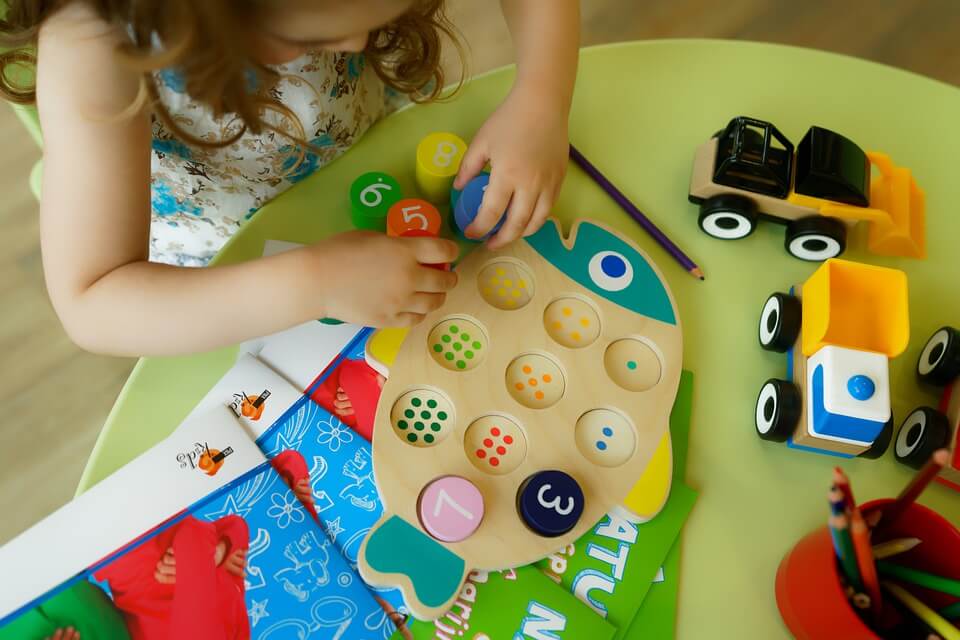
Preparation
1. Strengthen Your Kid’s Fingers Making a Tripod Grasp (The Index, Middle, and Thumb)
- Clothespin Activities: Practicing with Clothespins will strengthen the three fingers that make up the tripod grasp. Those also reinforce the muscles of the thumb space and helps develop the perfect hand arch. You can tell your kid to use clothespins to attach to anything; a string, a shirt, a piece of paper, etc.
- Tong activities: You should use the tongs activities, maybe from your kitchen, to make your child practice pressing them together to pick up practically something! You may use many simple kitchen things or cotton balls, plastic toy cars, ice cubes, markers, and crayons. Just place them in a pile and get some bowls or a muffin tray for them to use as a drop off target. It should reinforce too many hands and arm muscles and activate an age-appropriate grasp.
- Play with Play-Dough: Playing with play-dough is a wonderful practice for reinforcing the hands all around. You’d like it best for developing the hand arches, especially when rolling against the palm in snakes or small balls. Your kid is also going to love this activity.
2. Learn Social and Emotional Skills
- Take Turns: Ask your kid to take a turn using his/her prized toy, and play, or a simple board game that’ll help in reciprocal turn-taking. Such as Go-Fish, Don’t Break the Ice, Hungry Hungry Hippos, or Candyland are some classic practice.
- Clean Up And Put Away: When your kid has already finished playing with all those toys, small cars or dolls, or reading with books, or drawing with color pencils; teach them to clean them up before going to bed or choosing a new activity.
- Sit And Finish An Activity Entirely: Pre-school aged children should practice sitting down for at least 5 minutes to complete any specific task, whether that’s finishing a puzzle, building a structure with Legos or blocks, or coloring a picture.
- Teach Your Kid the Way to Ask for Help: Teaching your kid to ask for help is so important. When they don’t know to ask for help or additional support at home, they won’t be ready to ask for guidance from their instructor at Preschool when they need it.
- Make Eye Contact: Teaching your kid how to maintain eye contact while he/she is talking to someone or saying hello is crucial. It indicates the person to whom your kid is talking, and it also displays appreciation and informs the other individual that your kid is paying attention to them.
3. Teach Your Kid To Be Independent
- Practice Taking Off and Putting On Shoes: Teach your kid to take off and put on their shoes on their own. It’d be helpful in their Preschool, and they’d learn to be more independent.
- Pulling Down And Pulling Up Pants: If your kid knows how to pull down and pull up their pans, it’d be helpful for the in using potty or bathroom in Preschool.
- Practice Using a Spoon and Fork: At lunchtime, your kid would have to have lunch by himself/herself. Therefore, you need to make your kid practice using a plastic spoon and fork and have lunch by themselves.
4. Practice Washing Their Hands
- Get Soap, Rub Hands Together: After tuning on the faucet of water supply, you need to tell your kid how to get a bar of soap in hands and rub hands together for a minimum of 2 minutes.
- Rinse Hands: Then again, remind your kid about the importance of washing hands to stay away from germs, flu, and virus. Train your kid to rinse his/her hands properly, taking some time.
- Turn off Faucet: Teaching your kid to turn off the faucet at school is also important so that there’s no wastage of water, and it doesn’t create any issues in Preschool.
- Dry hands: Also, teach your kid hoe to dry his hand properly using a small towel or tissues.
Checklist to Ensure Whether Your Kid is Ready for Preschool or Not

Social Skills
Is your child ready for Preschool? Here is the checklist to check whether your kid is ready for Preschool or not.
1. Social Skills
- Initiates independent play
- Likes to do things alone
- Enjoys being part of group activities
- Does well with routine
- Enjoys learning new things
2. Motor Skills
- Interested in going to Big school
- Demonstrates an improvement in balance and strength
- Can jump in place, stand on one foot, and run to kick a ball
3. Math Skills
- Able to identify basic shapes
- Can count with the assistance
- Shows interest in sequence and patterns
- Sorts objects into simple groups
4. Writing Skills
- Can hold a writing tool with a finger grasp
- Uses crayons, pencils, markers, to draw or color
- Writes in a linear fashion
- Practice writing their name with simple markings
- Trace straight lines then curvy lines
- Practice imitating easier vertical letters such as L, E, F, H, T and I
- Connect dots
5. Reading Skills
- Capable of holding a book correctly and turn the pages
- Able to recognize the first letter in their name
- Knows the characters in familiar stories
- Enjoys being read to storybooks
6. Science Skills
- Asks questions about things in their environment
- Shows interest in different animals and their sounds that they make
- Able to use descriptive words like “fast or slow” and “hot” or “cold.”
7. Arts and Music
- Uses a variety of art tools
- Knows some color words
- Able to communicate what they are drawing.
- Enjoys rhythm and making different sounds
- Identifying basic shapes, colors, and letters
- Imitate a circle, a cross, a square
8. Imaginative Play
- Uses realistic toys to pretend-play
- Imitates others through dress-up play
- Participates with others through dramatic play like playing-house
9. Life Skills
- Has basic self-care skills, such as dressing, brushing teeth, washing hands, using a toilet, feeding themselves
- Able to participate in family chores with the help
- Exerts independence to do things alone
10. Language
- Speaks clearly
- Can communicate politely
- Can tell a story
- Uses sentences with two phrases or concepts
- Uses language to communicate with others
11. Reasoning Concept Development
- Matches similar objects
- Takes things apart and puts them back together.
- Can recall short sequences of events
12. Hand and grasp development
- Can Practice holding crayon/marker correctly
- Can do Writing/coloring/drawing on a horizontal surface (window, chalkboard or easel)
- Use small or broken crayons/chalk to facilitate proper grasp
Say Goodbye Properly and Handle Separation Anxiety
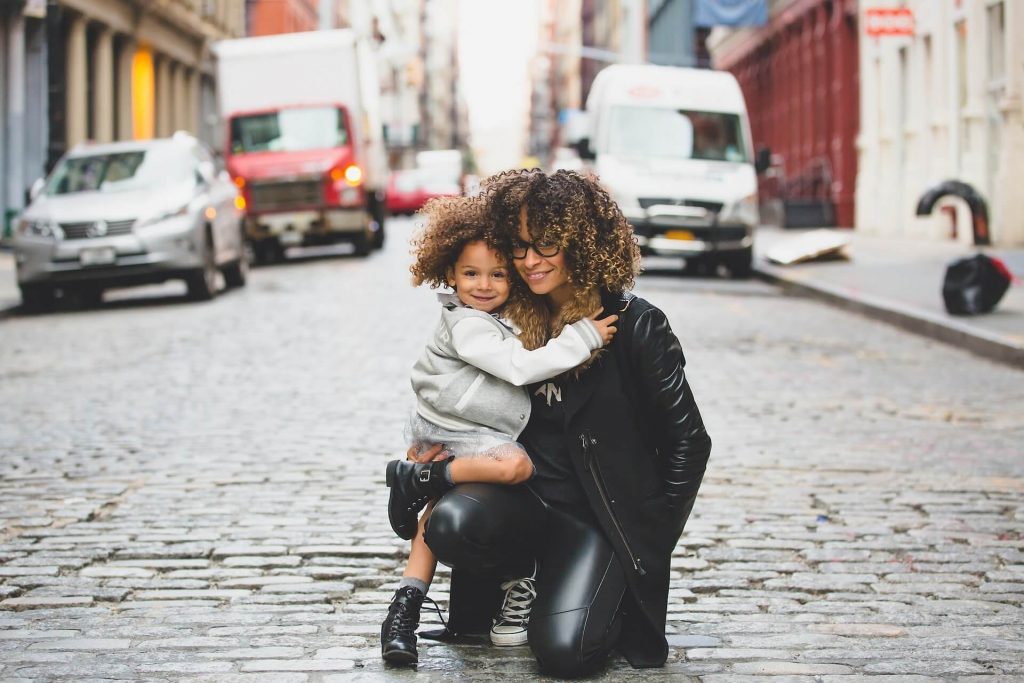
Say Goodbye
Keep Your Tone Positive and Upbeat
Let your little one realize how his/her day should continue while you are on the way to Preschool so that your child understands what to do. When you drop him/her off, assure your kid calmly that you’ll be back at the end of the day. Make a brief and quick goodbye if your kid is doing just fine. It would simply make it easier for you and your child to split. Once your child would adapt to the new school setting, goodbyes would be a lot easier for both of you.
Plan to stay a little while
If needed, staying for several minutes, like 15-30 minutes, could help your kid ease the change. Together, you two can visit the school, encounter some other kids, and play with a couple of toys. When you see your kid is happy with new friends and school, it’s your time to leave. If your kid encounters a hard time getting engaged, you might want to ask the teacher of your child to stay with your child as you say goodbye so that when you leave, he can rely on another caring adult for support.
Resist the Rescue
Try not to run back into the classroom anytime you hear your kid screaming, no matter how upsetting it might be. It is a considerable change, and your child will feel upset and a little afraid, quite understandably. But once you rush back in, it gives the impression that he’d be okay if you’re there. So that’s likely to extend your kid’s misery and make it harder for your kid to adjust.
Rest Assured on Teachers
Stay confident that instructors have several years of training to support families help the shift to Preschool. Alternatively, you should stay a couple of minutes in the classroom and make sure everyone is well, or contact the school and check-in later in the morning.
Final Words
It is completely normal for children to develop apprehension over separation during the first few weeks they are dropped off at Preschool. Be prepared for a lot of cries, but be keep calm so your child doesn’t have any negative thoughts that you may have been leaving him/her. Just stay strong and follow all the guidelines given in this article on how you’re going to prepare your preschool kid. We are completely sure that you and your kid would do just great! All the Best!


